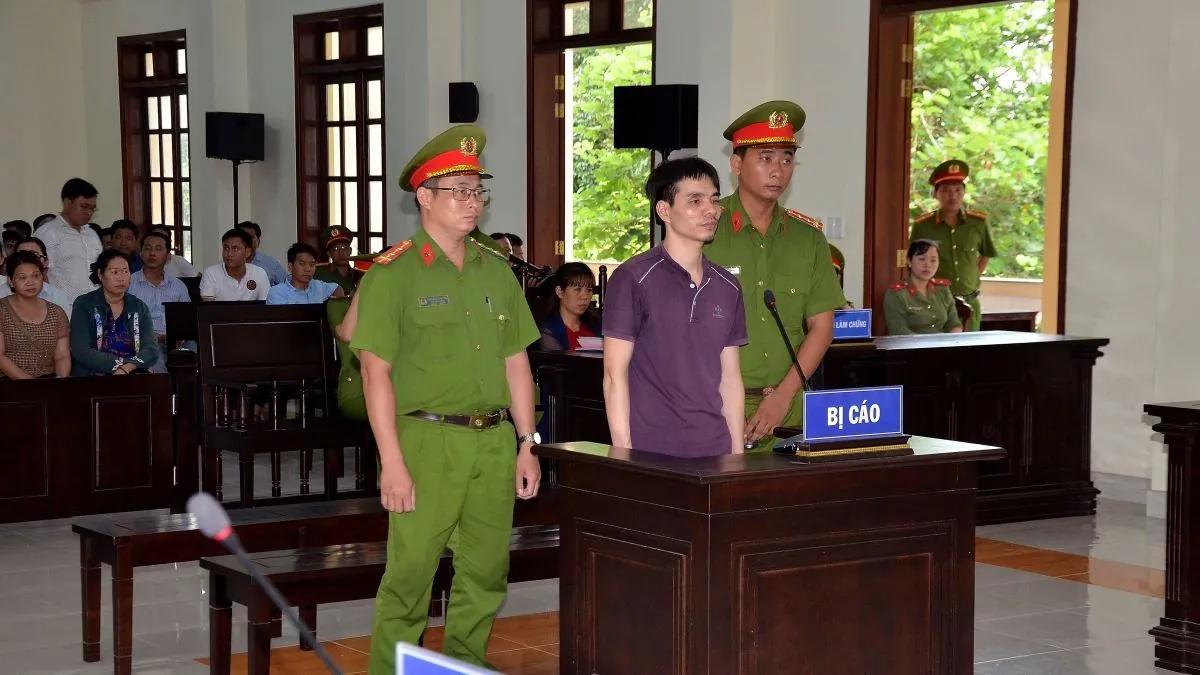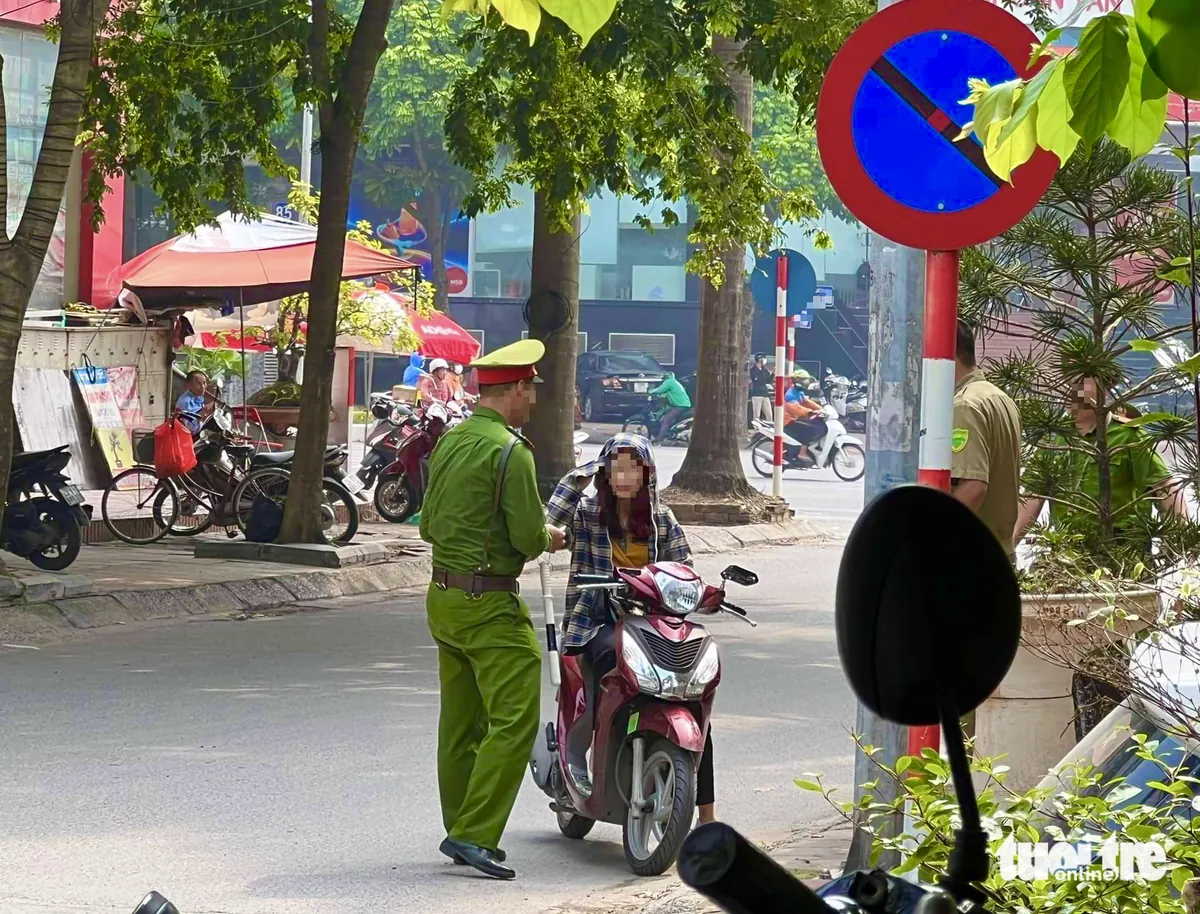Vietnam's Crackdown Intensifies Amid Strengthening US Ties
Vietnam's government escalates repression of critics as US-Vietnam relations reach new heights. Human rights concerns grow with the rise of security chief To Lam to top party position.

Vietnam's ruling Communist Party has intensified its crackdown on dissent, arresting numerous activists, lawyers, and journalists in recent months. This surge in repression coincides with strengthened diplomatic and economic ties between Vietnam and the United States, raising concerns among human rights advocates.
Since the upgrade of bilateral relations in September 2023, Vietnamese authorities have detained over two dozen prominent figures, including labor rights advocates, environmentalists, and journalists. Many of those arrested had previously worked within government channels or had connections to international organizations, which historically provided some protection against persecution.
To Lam, who oversaw much of the crackdown as security chief, has recently ascended to the position of general secretary of the Communist Party, Vietnam's most powerful role. This development has intensified fears among rights activists that the situation may further deteriorate.

According to the 88 Project, a watchdog group, Vietnam has detained nearly 200 political prisoners as of August 2024, with about as many arrests in the first half of 2024 as in the entirety of 2023. This marks a significant escalation in the government's efforts to suppress dissent.
"The government has not been carrying out a crackdown and external criticism is interference in Vietnam's internal activities."
The crackdown has effectively dismantled organizations that developed over the past three decades to support free speech and government accountability. Independent publishing houses, journalist associations, think tanks, and nonprofits have been forced to close, leaving little organized resistance within the country.
Vietnam's increased integration into the global economy has paradoxically made its leaders more sensitive to perceived political threats. The government has faced minimal international pushback due to Vietnam's growing strategic importance as a counterbalance to China in the region.
The United States has prioritized strengthening ties with Vietnam, providing hundreds of millions of dollars in security assistance and encouraging American companies to invest in the country's tech and manufacturing sectors. This approach has led to criticism from some former US officials and human rights advocates, who argue that the Biden administration has enabled continued repression by not making human rights a priority in diplomatic discussions.
Recently, Vietnam's request for market economy designation from the US Commerce Department was denied. While officially based on economic factors, some analysts view this decision as a potential indication that the US is beginning to consider Vietnam's human rights record more seriously in its policy decisions.
As Vietnam continues to navigate its complex relationships with the United States and China, the international community watches closely to see how the country's internal politics and human rights situation will evolve in the coming years.


































